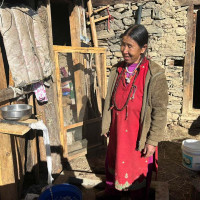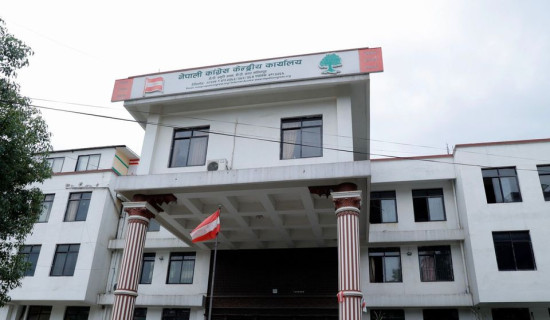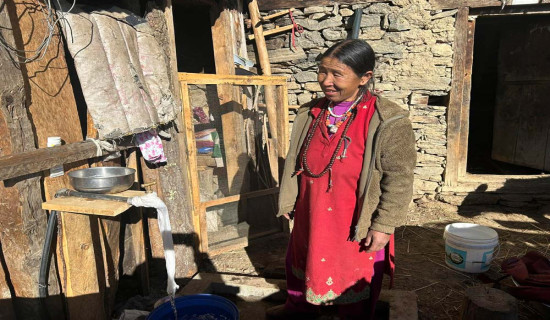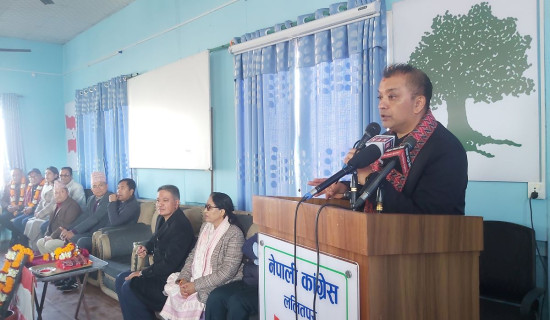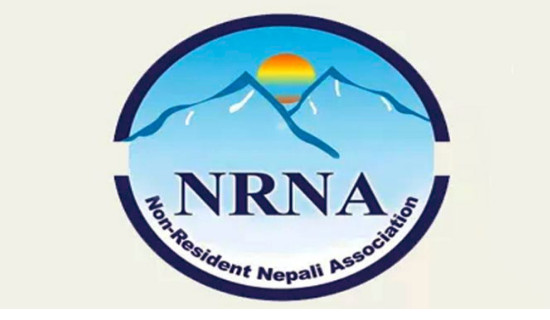- Monday, 15 December 2025
GMOs Endanger Health?
Shruti Paudel
A Genetically Modified (GM) crop is a plant into which one or more genes have been artificially inserted instead of the plant acquiring them via natural recombination. The inserted gene sequence, known as a transgene, may be from the same species or even from a different species within the same kingdom or even from a different kingdom. Usually, plants are modified either to further scientific research or to alter the food supply. Common genetic modifications include cloning of both animals and plants, adding antibacterial genes to plants, introducing genes that make organisms bigger or hardier and making new foods by mixing genes from existing ones.
In Nepal, people firmly believe that GM crops pose a threat to human health and biodiversity. On the other hand, scientists believe that GM crops have enormous potential for increasing food production in an environmentally sustainable way. The controversy surrounding GM has to some extent degenerated into a sterile, even hysterical debate, where important facts are largely ignored. Nepali farmers, in general, are neither in favour of nor against GM crops. They adopt whatever technologies promise them lower production costs, increased productivity or products of higher value.
While Nepal is ranked 68th out of 127 countries on the Global Hunger Index (GHI), poor nutrition and food insecurity are still a challenge and impediment to development in Nepal. Nepal has partially lifted a ban on the import of GM crops (soybean, canola and maize). Due to the continuous cultivation of modern high-yielding hybrid varieties and GM crops, there may be chances of genetic erosion, resulting in the loss of our heirloom indigenous seeds. This may have a more negative effect on countries like Nepal, where people practice informal seed systems that mainly depend upon the seeds produced on their own farms from the previous year.
Unfortunately, Nepal does not have sufficient resources to invest in biotechnology, which increases agricultural productivity within the time frame required to cope with increasing food demand. Without having access to GM technology, the only alternative for Nepal to increase food production would be to use more fertilizer, insecticide and herbicide – certainly not beneficial to the environment.
The prospect of GM technology in Nepal in nearby future lies in herbicide-resistant plants, insect-resistant plants, virus-resistant plants, nutritional benefits, use of marginalised land, and therapeutic proteins from transgenic plants. The raised concerns of GMOs (Genetically Modified Organisms) are weak technical/institutional capacity on testing GMOs, potential safety risks, environmental, social, ethical and collateral damage through the introduction and use of unsafe GMOs, lack of awareness and knowledge to farmers, loss of landraces and biodiversity under extreme conditions.
Lastly, the administrative and technical competency in research and testing on seed, plants, food with GMOs should be strengthened, along with public participation for making further decisions related to GMO import. Farmers and people at all levels should be aware of both the positive and negative effects of GMOs. They should be adequately leveraged to increase food production and enhance national food security. As we move forward, a collaborative effort from scientists, policymakers, farmers, and consumers is essential to strike a balance for sustainable agriculture that harnesses the benefits of GMOs while mitigating potential risks.




